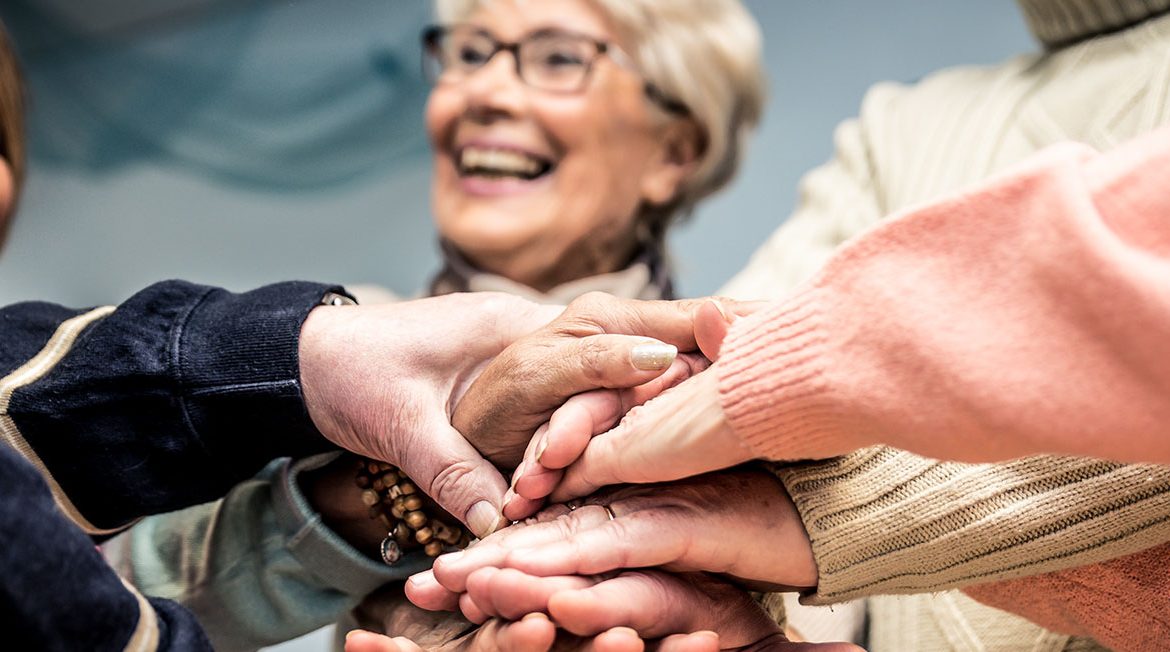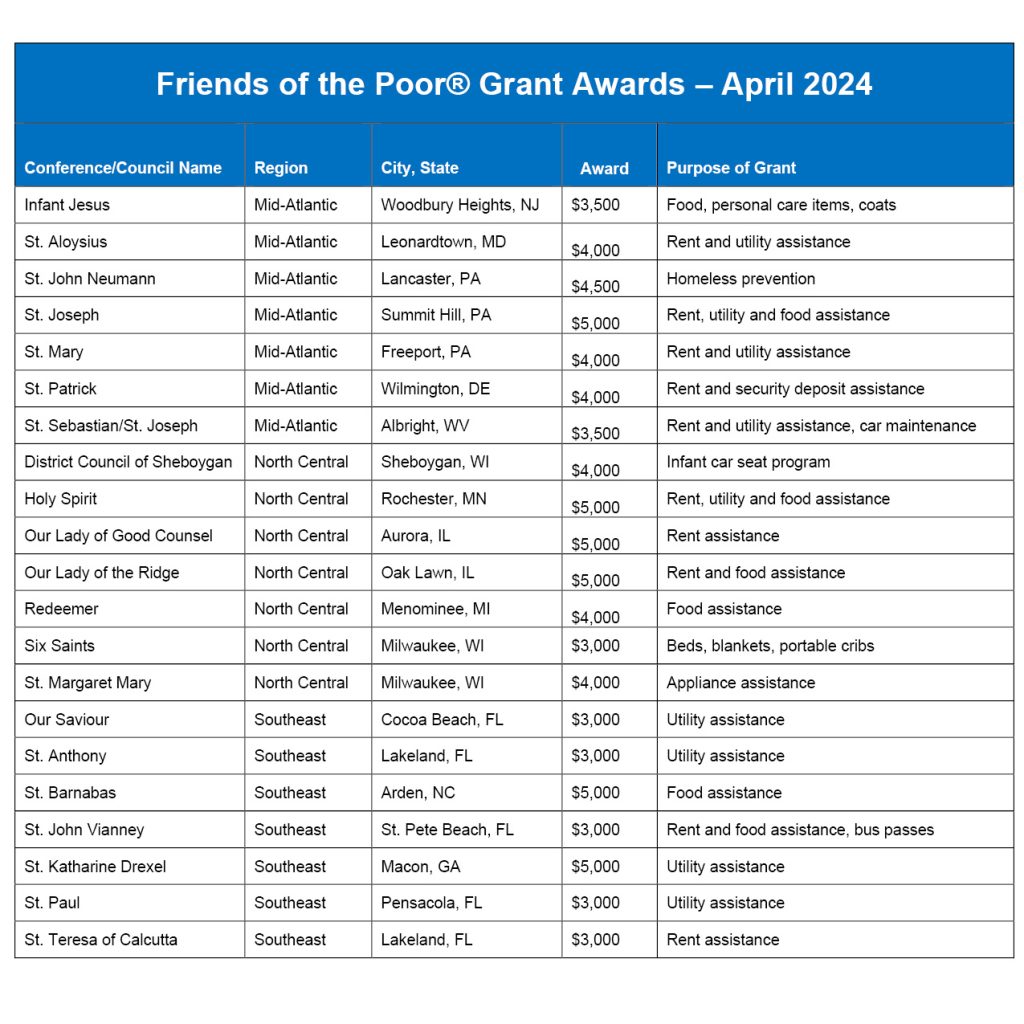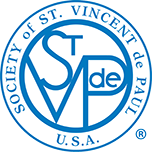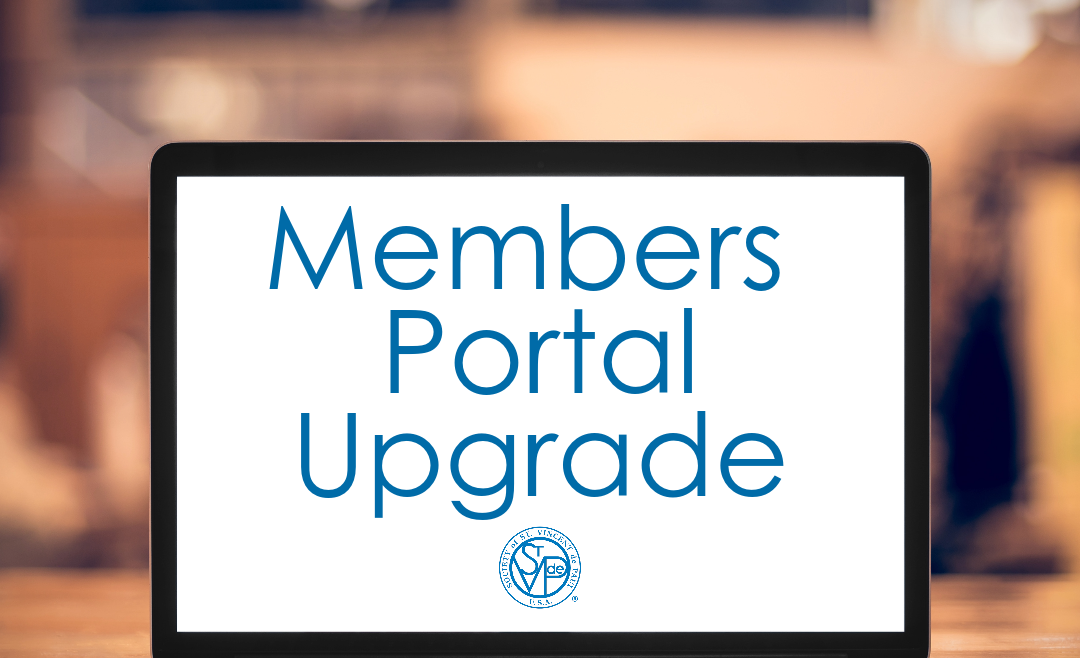During Disability Pride Month consider how Persons with Disabilities (PWD) who have a heart for serving can be welcomed and given roles where they can fulfill their Vincentian Vocation. We are creative in solving problems for our Neighbors; let’s use some of our creativity to make adaptations and accommodations that make it possible for PWD to participate as leaders and volunteers in The Society. Inclusivity may mean that a job will not be done as efficiently as before and that more effort may be required of some able-bodied members; however, Vincentians are called to serve one another as Friends in addition to serving our Neighbors.
As we implement our National Membership Recruitment Campaign themed “See the Face of Christ. Be the Face of Christ”, the Multicultural Diversity Committee of St. Vincent de Paul USA challenges you to seek out those in your parish and community who would increase the diversity of your Conference.
Reflection:
You may want to share your reflection with your Conference members at a meeting.
- How can we include persons of all abilities in our Conferences?
- What changes need to be made to our mindset in identifying roles for our volunteers?
- Do we prejudge the ability of new members or those we invite to join us?





